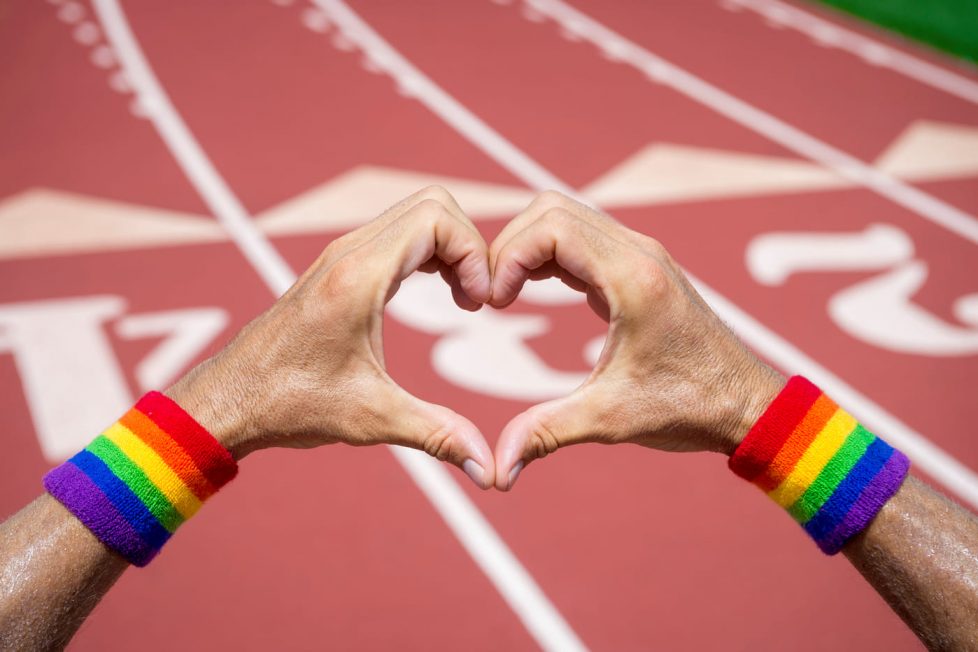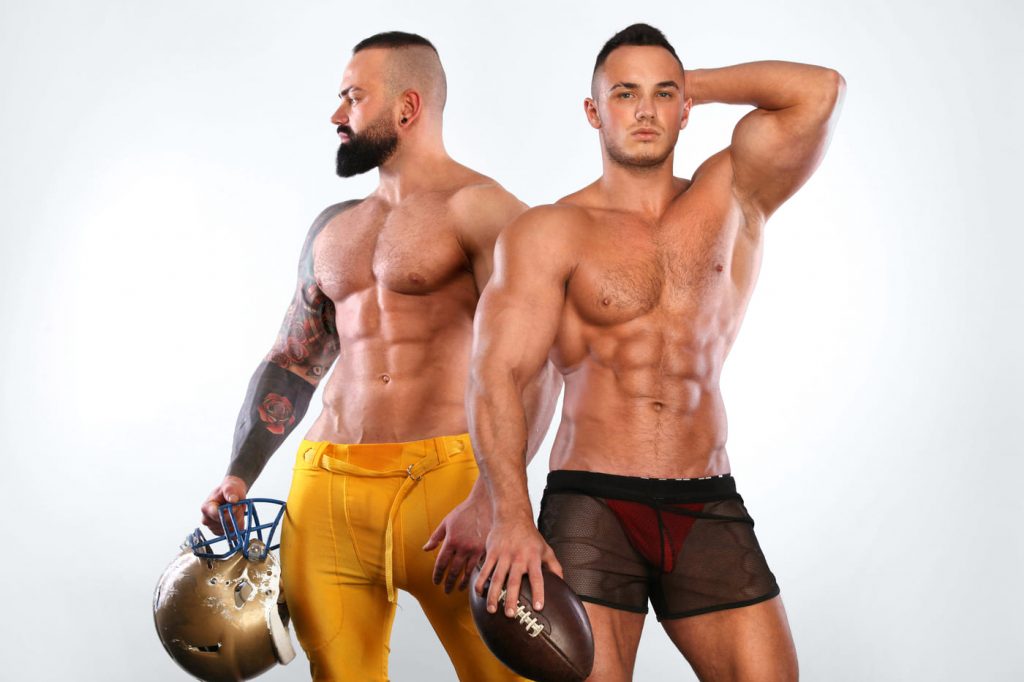The price of homosexuality in sport

Sport is perceived as embodying positive values and morals, such as cooperation, mutual respect, fair play, and equality.
Sport is a powerful tool for social development. Social development is about improving the well-being of every individual in society so they can reach their full potential. Success of a community is linked to the well-being of each and every citizen. Sport is not just physical activity, it promotes health (physical and mental) and education, fosters cognitive development, teaches social behaviour and helps social cohesion. Sport can be used to increase the social capital and social integration of homosexual people into the wider community, as well as empowering them and giving them skills that will help them give back to the community.
Homosexual peoples still face barriers when trying to enter and participate in sports. They face discrimination and harrassment at all levels of sport, from the community and recreational levels to the professional and elite levels. For sport to be used as a tool for development and inclusion, we must work to change sport culture to be more welcoming to gender and sexual minorities.
In the sports world, homosexual athletes are often forced to hide their sexual orientation and to keep it as a private matter. This is mainly due to the hegemonic masculinity associated with playing sports. Homosexuality is considered the direct opposite of this and therefore is not associated with sports. Also the way athletes talk to each other in the locker room makes it more difficult for gay athletes to come out. Guys jokingly call each other homophobic slurs or pump their chest by talking about women to express their masculinity.
Female athletes, unlike their male counterparts, are considered to be more free to talk about their sexual orientation. But, there still exists the misconception that women who participate in sports are assumed to be gay. In college and professional men’s sports it is beginning to become more common for athletes to be more open to talking publically about their sexual orientation. This brings up the question as to whether or not things are changing in our society so that the acceptance of gay athletes will be more common. More acceptance by our overall society as a whole will lead to more gay athletes – both male and female – feeling free to step forward and be open about their sexual orientation.
Many organisations continue to place a low priority on addressing the exclusion and discrimination experienced by homosexual people. It was previously thought this was due to a lack of quantitative evidence of a problem; however, over the past decade, a large body of quantitative research has been conducted, including two international studies, providing strong evidence that discriminatory behaviour remains common in sport and is harmful to this population.

It’s mainly the flippancy with which the word homo or gay is used as a term of abuse. This can be within a team, towards the opponent or from the spectators. It’s always linked to something negative, like missing a goal for instance. You also see homophobia in how teammates treat one another off of the pitch. Sometimes they don’t want to get changed in the same changing room as someone who has just come out. They’re afraid they’ll want to touch or have sex with them, which is obviously absurd!
Gay and lesbian athletes don’t feel at ease, which is a real shame because it stops you from using all your talents. You have to be constantly on your guard and that takes a lot of energy. Teams lose a lot of talent if they don’t provide a safe space for gay and lesbian teammates.
Football receives the most attention because it’s the number one sport in the popularity stakes. It has really tried to address this lately. But homophobia isn’t as high on the agenda in other team sports. Women’s football seems to be less affected. There are lots of lesbian role models in professional women’s football. The taboo on homosexuality is much less of a thing there.
Teams should discuss the matter and set ground rules. The same applies to sports clubs. You can discuss together where “homo” as a slur comes from, why people use it and what you as a team and sports club can do to stop using it as a term of abuse. You’d have to agree on behaviours that make everyone feel safe and that you’ll all use the changing room together without being childish about it.
